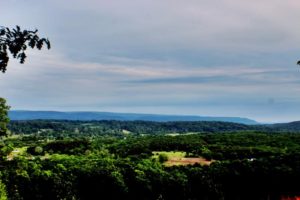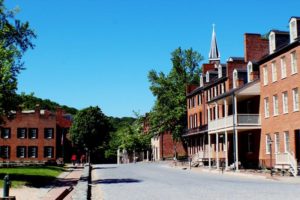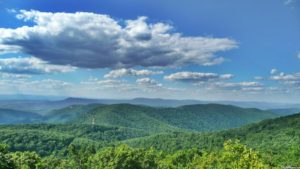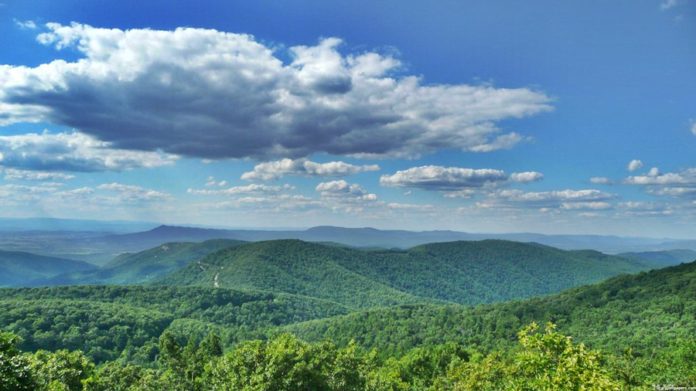By: Gabriel Jackson

West Virginia is immortalized in the song by John Denver “Take me home country roads.”
For most of you, this song may bring a feeling of peace, giving your minds-eye a glimpse of the beauty from these country roads in West Virginia or W.V. as it is abbreviated
Nature lovers will not be disappointed as the beauty of nature abounds here. This is just the place to find it.
The 9th smallest state of the 50, bearing the nick-Name “The Mountain State” it is the only state completely nestled within the Appalachian mountain range.
Its capital is Charleston, cited as the first all brick street in the world and is as full of history as is the rest of the state.
W.V. is where the fire was lit, that kicked off the American Civil war, which happened between Northern 20 (albeit smaller) states and 11 Southern states from 1861-1865.
Originally arguing over property rights and preservation of the constitution, the later focus centered on freedom from slavery and the spread of slavery to the, then newer western states.
This war is still the bloodiest of wars in American history and is immortalized and preserved in the Eastern states parks, re-enactments and tours.
It shaped American freedoms into what we know and enjoy today.

Some towns stay well preserved such as the little town of Harper’s Ferry where John Brown and his abolitionists (those who were highly opposed to slavery and used guerrilla style tactics to disrupt southern sympathies and its goods) these abolitionists raided the town during the fall of 1859 leading an armed slave revolt at a U.S. arsenal.

Harriet Tubman, a popular activist, humanitarian and Women’s activist and later spy for the Northern army was to join this revolt but was too sick at the time, yet later helped recruit for the raiding party.
Brown had also asked for assistance from Frederick Douglas another popular humanitarian.
The man declined because he thought the raid would fail; which sadly it did, yet in many ways rose popularity to the cause and outrage of slavery; helping to set things in motion for the war.
Virginia was a border state in those days of North and South,
Also the Capitol of the Southern Confederacy Richmond was found in Virginia; This Western part of Virginia often had mixed sympathies within its communities, truly brother against brother, many families broke apart depending on their personal leanings.
West Virginia began its secessionist hearings in 1861 to separate itself from Virginia at the start of the war, forming its own state; being the only state formed in such a manner.
Yes, Civil War history is still very much alive throughout its many counties and an integral part of its culture and history.
Many states on this side of the U.S. devote its land and resources to preserving these histories with parks, tours and re-enactments at more popular battle sites; W.V. keeps this within the eye of its visitor.- CE/BNN






